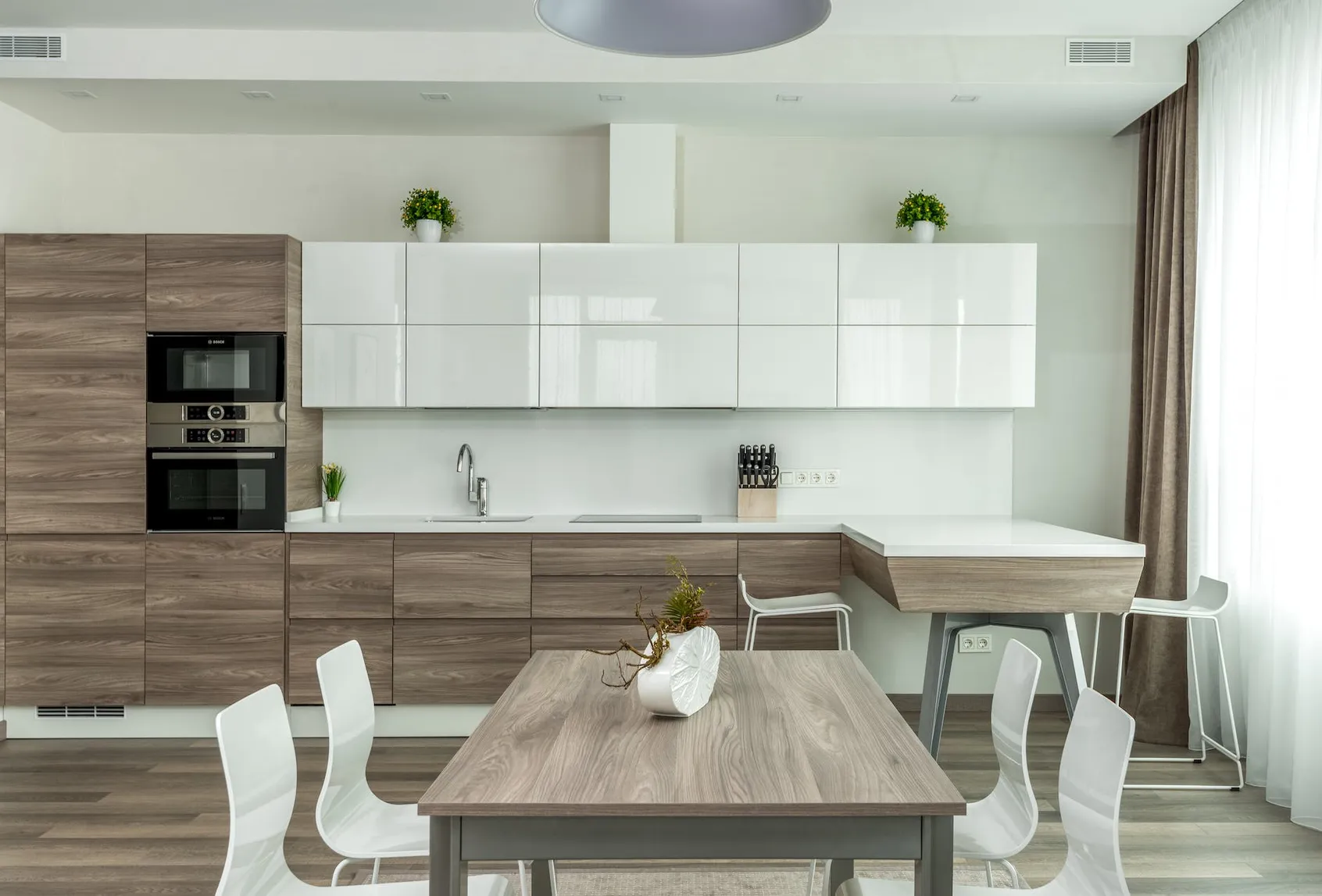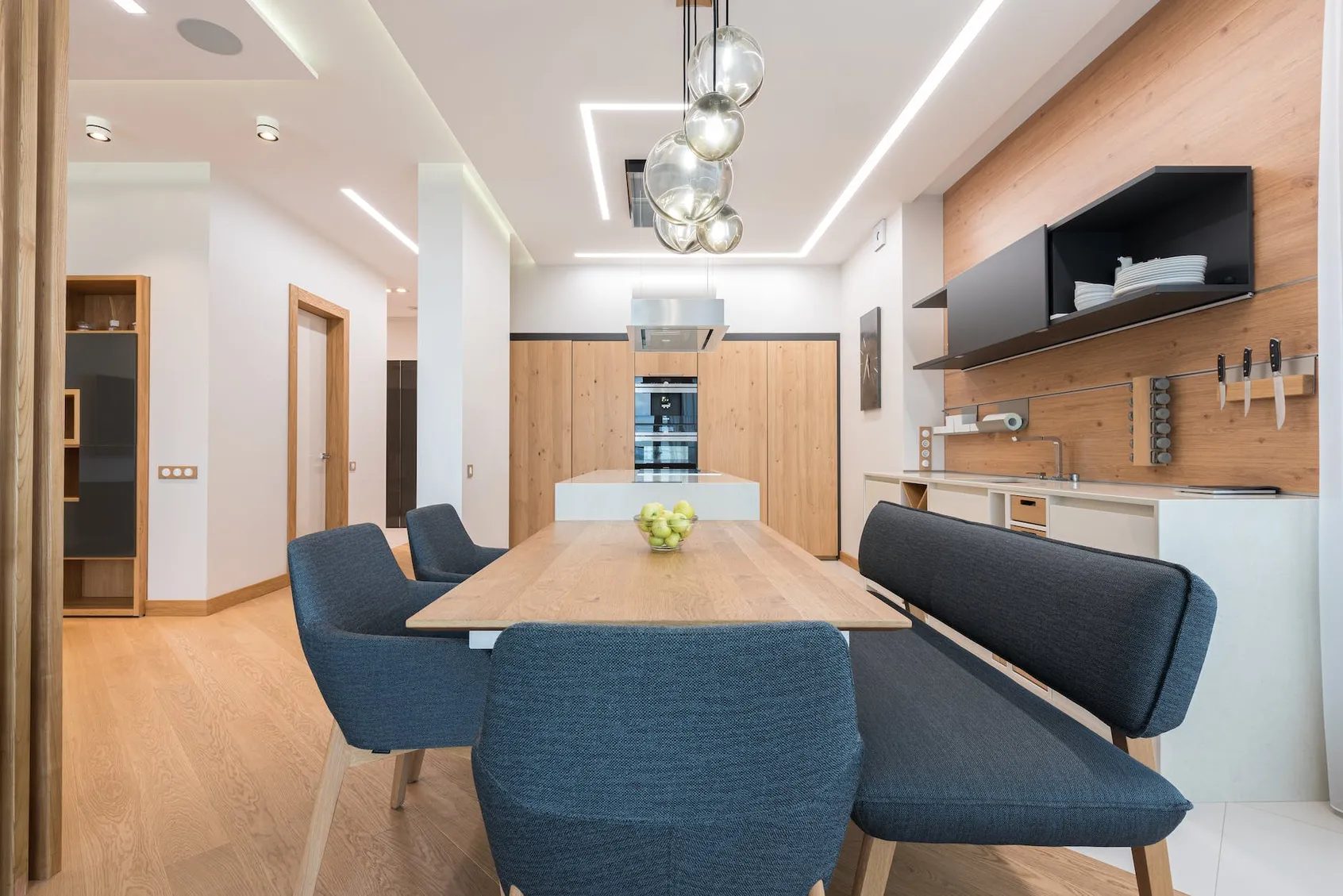Cooking with a kitchen torch is a great way to add flavor and texture to food. From caramelizing sugar on crème brulé to creating the perfect sear on a steak, a kitchen torch is essential for any chef.
But to use a kitchen torch, you need a reliable fuel source. Butane is the most popular fuel for kitchen torches and is available in a range of sizes and qualities. But where to buy butane for kitchen torch?
In this article, we’ll explore the different types of butane available and how to find the right one for your kitchen torch.
Where To Buy Butane For Kitchen Torch?
When buying butane for kitchen torches, there are three main types: refillable canisters, disposable canisters, and bulk tanks. Refillable canisters are the most convenient option, as they can be refilled anytime.
However, they can be more expensive than other options. Disposable canisters are often the cheapest option but are for one-time use only. Bulk tanks are the most cost-effective but require a special adapter for your kitchen torch.
Online retailers are a great option for purchasing butane for kitchen torches. Amazon is one of the most popular retailers for this fuel type, offering a wide selection of refillable and disposable canisters. Other online retailers like Walmart, Target, and Lowes carry butane for kitchen torches.
In addition to online retailers, local stores also carry butane for kitchen torches. Hardware and home improvement stores such as Ace Hardware, Home Depot, and Lowe’s often have a selection of butane for kitchen torches in stock. Some specialty stores such as butane, camping, and convenience stores may also carry butane for kitchen torches.
Finally, it is important to note that there are a few safety precautions when using butane for kitchen torches. Make sure to read the instructions that come with your kitchen torch and follow all safety guidelines.
Also, storing butane in a cool, dry place away from flammable materials is important. By following these safety guidelines, you can ensure that you safely and effectively use butane for your kitchen torch.

What Is Butane And What Is It Used For?
Butane is a colorless, odorless gas that is used for many purposes in a variety of industries. One of the most common uses for butane is in the kitchen for culinary purposes. A kitchen torch caramelizes sugar on desserts, brown meringues, and more. The kitchen torch relies on butane gas to function.
Butane is a pressurized flammable gas in small canisters, making it easy to store and transport. It is also non-toxic and odorless, making it a safe and efficient fuel source for a kitchen torch.
Butane is a versatile and cost-effective fuel source that can be used in various applications. Aside from culinary use, it is also a fuel source for camping stoves, portable gas grills, lighters, and more. Knowing where to buy butane for a kitchen torch is important.
When shopping for butane, it is important to ensure you buy the correct type and size for your application. In addition, you should check the expiration date on the canister, as the gas can become unstable over time. It is also important to read the instructions on the canister and follow the safety protocols to ensure safe and efficient use of the gas.
Different Types Of Butane For Kitchen Torch
Butane is a combustible gas that is widely used in kitchen torches. Butane can be purchased in many forms and from a variety of sources. In this article, we’ll discuss the different types of butane for kitchen torches and where to buy them.
- Refined butane – is odorless, colorless, and has a higher purity level than regular butane. It is considered the safest and most reliable option for kitchen torches. Refined butane can be found at most hardware stores and online retailers. When purchasing refined butane, it is important to make sure it is labeled as “food-grade” or “culinary” butane.
- Unrefined butane – has a higher impurity level and is usually used in outdoor torches. This type of butane tends to have a strong odor and can be dangerous to work with indoors. Unrefined butane can be purchased at many outdoor supply stores and online retailers.
- Premixed butane – is a combination of refined and unrefined butane. This type of butane is often used in kitchen torches because it provides a more consistent flame and is less likely to produce flare-ups. Premixed butane can be purchased at most hardware stores and online retailers.
Safety Tips For Using Butane In Your Kitchen
When using butane in your kitchen, taking certain safety precautions to prevent accidents and ensure you’re using the gas safely is important. Here are some tips to help you stay safe when using butane:
- Choose the right type of butane canister for your stove or portable burner. There are different types of canisters with various sizes, fuel grades, and valve systems, so read the instructions and comply with the manufacturer’s recommendations.
- Install your butane canister correctly. Before connecting the butane canister to your stove or portable burner, ensure you do it correctly and according to the manufacturer’s instructions. Take note of any safety features that need to be engaged to ensure an optimal connection, like the locking feature.
- Use your butane stove or burner in a well-ventilated area. Set up your stove or burner in a spacious, open area with natural airflow. Butane is flammable, and you don’t want excess gas to build up and create a potential hazard.
- Keep your butane away from children and pets. Butane canisters can be hazardous when handled by young children or pets, so keeping them out of reach and always supervising children around your cooking area is crucial.
- Never leave your butane stove or burner unattended. It’s important to watch your stove or burner and never leave it unattended while cooking. This way, you can quickly respond to emergencies and prevent accidents.

Finding The Right Butane For Your Kitchen Torch
When finding the right butane for your kitchen torch, there are a few things to keep in mind. Here are some tips to help you choose the right butane:
- Look for butane that is specifically designed for kitchen torches. This will ensure that the butane is clean burning and won’t leave a residue on your food.
- Consider the size of the canister. If you use your kitchen torch frequently, you may want to opt for a larger canister to avoid running out of fuel in the middle of a project.
- Check the quality of the butane. Look for butane made from high-quality materials and filtered to remove impurities. This will help your torch function properly and last longer.
- Read reviews from other users. Look for feedback from others who have used the butane you’re considering. This can give you valuable insights into the quality and performance of the product.
- Consider the cost. Butane can range in price from fairly affordable to quite expensive, so it’s important to consider your budget when shopping. Investing in a higher-quality product may be worth it, as it will likely last longer and be more reliable.
- Look at the availability of the butane. You want to make sure you can find the type and size of butane you need when you need it. It’s best to shop around and compare prices at various outlets to ensure you get the best deal possible.
Tips For Refilling And Replacing Butane
When refilling and replacing butane, a few key tips can help make the process go smoothly. Here are a few to keep in mind:
- Choose the right type of butane for your lighter or torch. Different lighters and torches may require different types of butane, so consult your owner’s manual or do some research before purchasing.
- Purge the lighter or torch before refilling. This means releasing any remaining butane from the tank before adding more. To do this, turn the lighter or torch upside down and press the refill valve with a small tool (like a small screwdriver). You should hear a hissing sound as the remaining butane is released.
- Refill slowly and carefully. Do so slowly and in short bursts when adding butane to the lighter or torch. Overfilling can cause the lighter or torch to malfunction.
- Replace the cap or cover after refilling. This helps to maintain the pressure inside the tank and prevent leaks.
- Store butane in a cool, dry place. Exposure to heat or moisture can cause the butane to evaporate or become contaminated, so be sure to store it in a safe place.
The Benefits Of Using Butane For Kitchen Torch
A butane kitchen torch offers numerous benefits, so it is a popular tool for many cooks and chefs. Here are a few advantages of using butane for kitchen torches:
- Accuracy: A butane kitchen torch offers precise heating control, allowing you to cook food consistently. This is especially useful when you need to caramelize sugar, sear meat, or toast bread.
- Time-saving: Butane torches heat up quickly and can cook food much faster than other methods like broiling or grilling. You can use them for small tasks like lighting candles or starting a fire.
- Versatility: A butane torch is a versatile kitchen tool that can be used for various culinary tasks, including caramelizing, broiling, roasting, browning, and more.
- Portability: A butane torch can be carried anywhere, making it convenient for outdoor cooking or events like camping and barbeques.
- Safety: Butane fuel is highly flammable and burns clean, which makes it safe for cooking. The safety features of most butane torches further ensure that the user remains safe from accidents while using them.

Common Mistakes To Avoid When Using Butane
It’s important to be aware of certain mistakes that can lead to injury or damage when using butane. Here are some common mistakes to avoid when using butane:
- Not using the right equipment: Always use equipment specifically designed for butane use, including torches and lighters. Using equipment that is not designed for butane can increase the risk of fires and explosions.
- Not following safety precautions: Butane is a flammable gas and should be handled carefully. Always work in a well-ventilated area and avoid smoking, sparks, or open flames.
- Using too much at once: Overuse of butane can lead to a buildup of gas, which can create a fire or explosion risk. Always use butane in small amounts, and avoid over-filling lighters or torches.
- Igniting the gas too close to the source: Always keep a safe distance from the source when lighting butane. Igniting the gas too close can result in burns or damage to equipment.
Troubleshooting Common Butane Kitchen Torch Issues
If you’re having issues with your butane kitchen torch, don’t panic! Here are some common troubleshooting tips:
- Ensure that the butane torch is properly filled with butane fuel. If it’s not, it won’t ignite or may flicker.
- Check the valve on the torch. Ensure it’s open so the butane can flow and the torch can ignite.
- Clean the nozzle and other parts of the torch. This can help prevent clogs and other issues that will keep the torch from lighting.
- Adjust the flame using the flame adjuster knob. If the flame is too small or too large, it may not ignite properly.
- Replace the flint if necessary. The flint might be old or worn, causing the torch to spark weakly or not at all.
How To Choose The Right Butane For Your Kitchen Torch?
Choosing the right butane for your kitchen torch is important for safety and performance. Here are some tips to help you select the right butane for your needs:
- Look for high-quality butane from reputable brands. This will ensure that the butane you use is pure and free of impurities that can clog your torch.
- Choose butane with a high level of purity. Look for butane of at least 99.99% purity to ensure your torch functions optimally.
- Opt for a butane with a low level of odor. Butane with a strong smell can affect the flavor of your food, so choose a virtually odorless butane.
- Select a butane with a universal nozzle. This will make it compatible with most kitchen torch models, ensuring you can use it with your torch.
- Consider the size of the canister. You may opt for a larger canister if you use your torch frequently or plan to use it for larger projects. However, smaller canisters can be more convenient for travel or limited storage space.
Conclusion
In conclusion, purchasing butane for a kitchen torch is a simple process that can be done easily both online and in stores. Depending on your preference and budget, you could buy a canister of butane, a refillable container, or even a refillable kitchen torch. Regardless of which option you choose, make sure to read the instructions carefully and use the butane safely and responsibly.
Frequently Asked Questions:
What is the best butane for a kitchen torch?
The best butane for a kitchen torch depends on your preferences. If you’re looking for a high-quality butane, consider brands such as Bernzomatic, Colibri, and Ronson. These butanes offer a consistent flame and a clean burn. If you’re looking for a more affordable option, consider brands like Refillable and Butane Fuel.
How do I use a kitchen torch safely?
To use a kitchen torch safely, ensure it is filled with fuel and follow the manufacturer’s instructions. Keep your face and hands away from the flame, use a heat-resistant surface, never leave it unattended, and avoid pointing it at other people or objects. Let it cool completely before storing or cleaning.
How often should I replace the butane in my kitchen torch?
It depends on how often you use your kitchen torch. Generally, replacing the butane in your kitchen torch is recommended every two to three months.
What is the difference between culinary butane and regular butane?
Culinary butane is specially formulated for cooking, while regular butane is used mainly for fueling lighters. Culinary butane has a much higher purity than regular butane, ensuring a clean and pure flavor when used in cooking. It also has a lower vapor pressure than regular butane, making it safer in confined spaces like kitchens.
